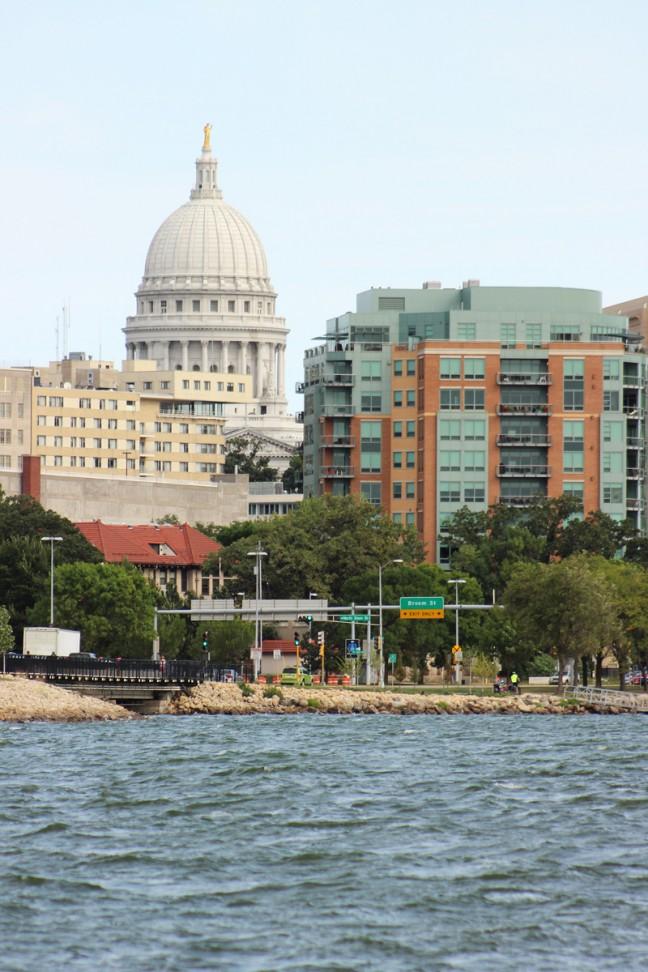Madison City Council has allocated $30,000 to fund free legal clinics for immigrants who qualify for programs that offer legal residence for eligible undocumented immigrants.
A coalition of Dane County nonprofits are collaborating to implement these clinics, which will serve an estimated 3,000 people.
The Deferred Action for Childhood Arrivals, first enacted in June 2013, provides individuals who moved to the United States illegally as children the opportunity to obtain legal residence, Janice Beers, Director of Immigrant & Refugee Services with Jewish Social Services, said.
In November 2014, President Barack Obama modified certain requirements of DACA, thereby opening it to additional applicants, and announced the Deferred Action for Parents of Americans, which allows parents of legal residents or US citizens to apply for temporary legal residence as well.
Ald. Shiva Bidar-Sielaff, District 5, and Mayor Paul Soglin spearheaded the initiative to provide financial support for residents seeking to participate in the programs. Application fees for both DAPA and DACA are $485 per person, which, when compounded with the costs of attorneys and additional legal fees, makes them prohibitive for many eligible residents, Bidar-Sielaff said.
The city hopes free legal clinics will alleviate some of the financial barriers of the application process, Bidar-Sielaff said.
Bidar-Sielaff commended City Council and mayor for passing the resolution, noting that Madison is among a small number of municipalities funding such initiatives.
“It’s very unique for a city to allocate money to establish free clinics, not only to support the president’s actions, but to put money behind it,” Bidar-Sielaff said.
Soglin is committed to advancing services for immigrants in Madison, Bidar-Sielaff said. Soglin was among the first mayors in the country to join Cities United for Immigration Action, a network of mayors committed to encouraging eligible residents to participate in DAPA and DACA, establishing coalitions of nonprofits and safeguarding undocumented immigrants from fraudulent services, she said.
These programs will provide eligible residents with identification critical to fully participating in society, Bidar-Sielaff said.
Not having identification such as driver’s licenses and social security cards can be a problem, Bidar-Sielaff said.
“It creates a lot of barriers for people who have been living in and contributing to our community for a long time,” Bidar-Sielaff said.
The Madison Police Department has also been supportive of Obama’s executive action and Madison’s efforts to provide undocumented immigrants with identification, Bidar-Sielaff said.
The $30,000 the city has allocated will go directly to Centro Hispano for a staff person to organize pro bono lawyers in conjunction with the Catholic Mulitcultural Center, RISE Law Center and Jewish Social Services and take part in community engagement to reach as many eligible residents as possible.
Beers said while the clinics are intended to help residents apply for DAPA and DACA, they will also screen for additional immigrant benefits residents may be eligible for.
“It is a privilege to be able to work in the community and have a coalition of nonprofit agencies working together to serve as many immigrants as we can,” Beers said.
While the coalition has not yet established when the clinics will begin operating, the first clinic is expected to open in the beginning of May, Bidar-Sielaff said.














